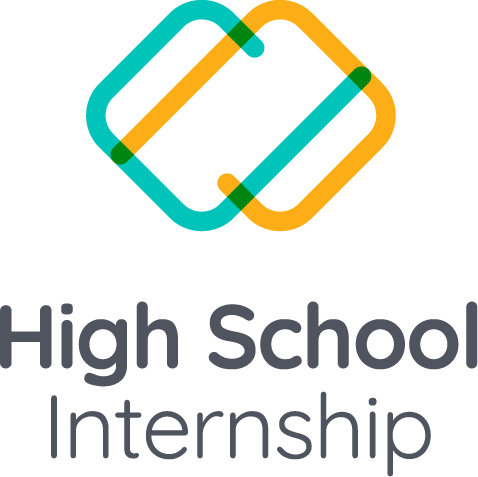The lack of representation of girls and women in STEM-related careers is regularly reported on the news and social media.
You’ve probably seen the stats, but just as a reminder:
- Microsoft found that 58% of female university students believe that jobs requiring programming and coding are “not for them”
- A UK survey found fewer than 10% of girls aged 7-10 preferred a career as an engineer or scientist
- Only 1.4% of Nobel Physics Prize winners have been female
Moreover, the absence of women in STEM careers has a global impact, as The World Bank points out in this blog post:
‘The fact that women are not entering these fields of study or working in these sectors and occupations means that talent is misused and that economics are less productive than they could be.’
– The World Bank
As educators, we must work to improve female representation in STEM-related careers. Previously, we discussed the importance of making STEM subjects relevant to students’ real life.
We recommend introducing your students to female role models during your lessons. This is because girls’ views about STEM are made throughout their education,
The Microsoft research cited above found this exciting revelation in their studies. ‘Girls who know a woman in a STEM profession are substantially more likely to feel empowered when they engage in STEM activities. This is 61% more than those who don’t know a woman in a STEM profession (44%)’.
However, thanks to entrenched gender stereotypes, girls and young women can find it difficult to picture themselves in STEM roles. Bringing female role models into your classroom helps remind girls they have a place in these fields.
There are plenty of ways to bring female role models into your classroom. Here are some ideas:
- Make sure they are represented in displays, presentations, and resources
- Follow inspiring women on Twitter and share their stories with your class
- Hold a “STEM Women in History Day” in March
- Invite a Guest Speaker
- Create a STEM Mentorship Program
For more insight into gender differences in technology, give this article a read today. It goes into detail to highlight the issues many women and girls are facing in the tech industry and provides actionable steps to overcome the challenges currently set.
Many of BSD Education’s team are female, performing critical roles in a fast-growing international technology company.
To highlight a few: Charlotte Brearley is the Chief Operating Officer with global responsibility, Eva Yeung is a Director in our Education Team and a key strategist in our educational vision, and Beth Darvell is our Senior Marketing Manager who oversees and manages our global online presence.
We would be more than happy to connect you with Charlotte, Eva, Beth, or our broader team to share their stories with your class.

